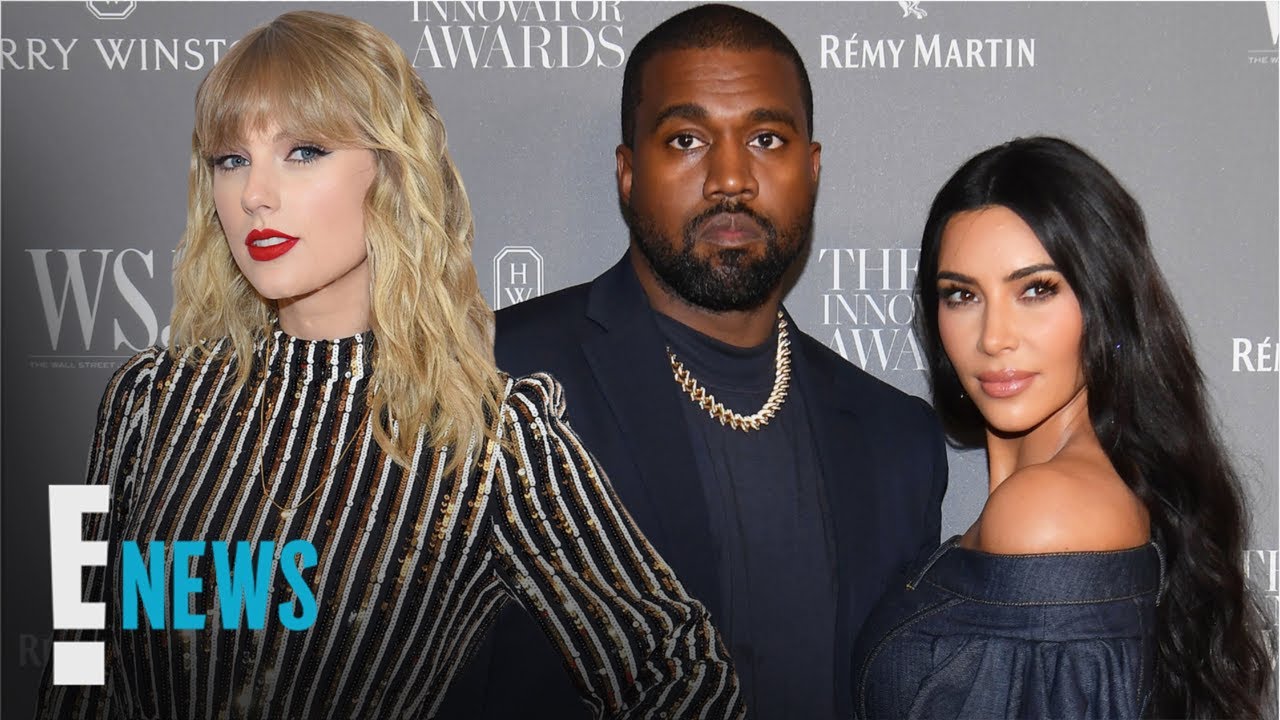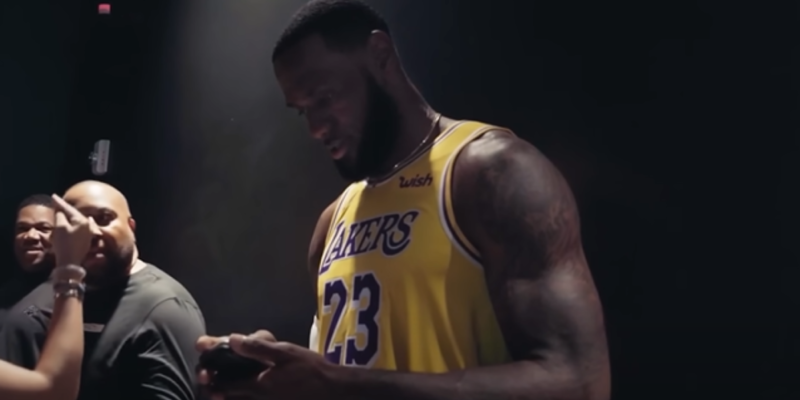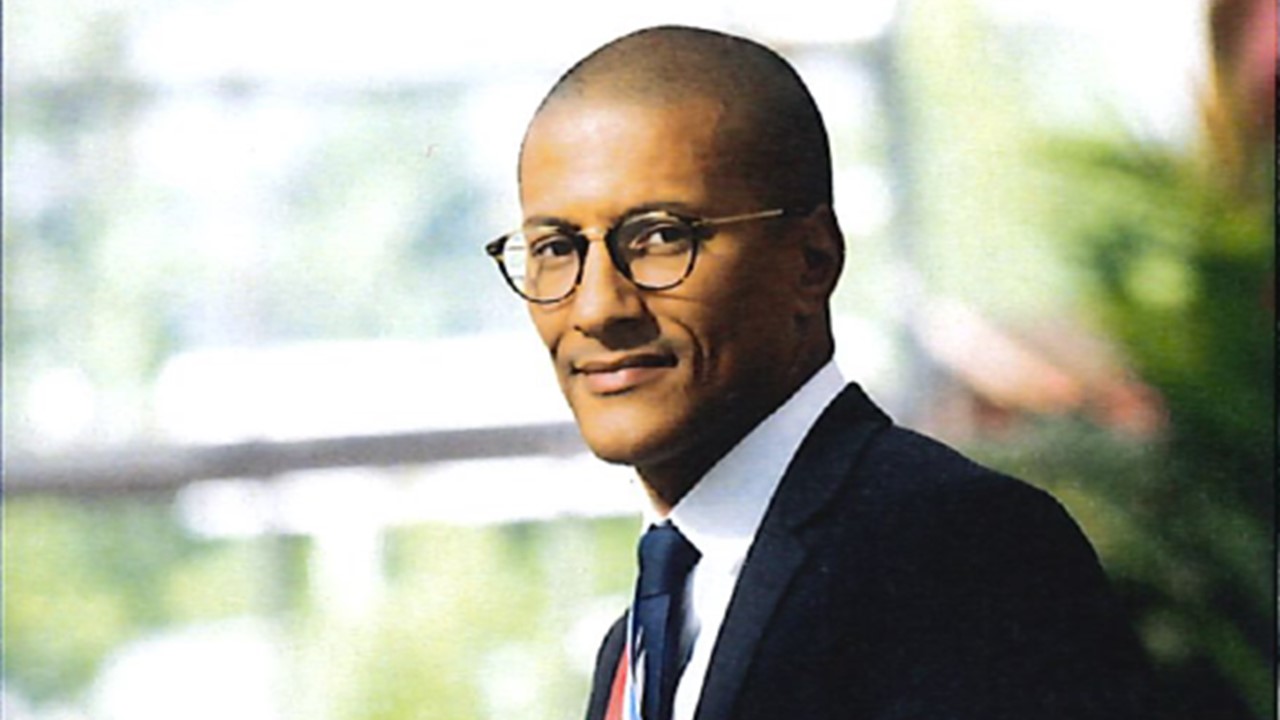Taylor Swift Vs. Kanye West: A Legal Showdown Over Explicit Claims

Table of Contents
The ongoing saga between Taylor Swift and Kanye West has transcended a simple celebrity feud, escalating into complex legal battles centered around explicit claims, alleged infringements, and the fight for artist rights. This article delves into the key legal showdowns, exploring the accusations, defenses, and the broader implications for intellectual property rights in the music industry, examining the various aspects of "Taylor Swift vs. Kanye West: A Legal Showdown Over Explicit Claims."
<h2>The "Famous" Phone Call and Defamation Claims</h2>
The infamous "Famous" song by Kanye West, released in 2016, ignited a firestorm of controversy with its lyrics referencing Taylor Swift. The line, "I feel like me and Taylor might still have sex. Why? I made that bitch famous," sparked a significant legal battle.
-
The Events: The controversy stemmed from a seemingly innocuous phone call between Kanye West and Taylor Swift, supposedly discussing the song's lyrics. However, Taylor Swift publicly denied giving her approval for the explicit nature of the lyrics.
-
The Lawsuit: Taylor Swift subsequently filed a defamation lawsuit against Kanye West and his wife, Kim Kardashian, claiming the lyrics portrayed her in a false light, damaging her reputation. The defendants argued the lyrics were truthful and protected under free speech.
-
Legal Arguments: Central to the case were the concepts of consent, truth as a defense against defamation, and the demonstrable impact on Swift's public image. The defense attempted to prove the accuracy of the lyrics, while Swift argued the lack of consent and the damaging implications of the phrasing.
-
Outcome and Significance: While the specifics are complex, the legal battle ultimately highlighted the challenges of proving defamation, especially in the context of celebrity feuds and subjective interpretations of lyrics. The case raised questions about the boundaries of artistic expression versus reputational harm, influencing discussions around consent in the creation and dissemination of artistic works, impacting how such explicit claims are handled in legal cases relating to "Taylor Swift vs. Kanye West: A Legal Showdown Over Explicit Claims".
<h2>Master Recordings Ownership and Control</h2>
Beyond the "Famous" saga, a significant battleground between Taylor Swift and her former label, Big Machine Records (and subsequently Scooter Braun), revolved around the ownership of her master recordings – the original recordings of her music.
-
The Complexities of Master Recordings: Master recordings are the fundamental assets of a musician's career. Owning them grants control over how the music is used, licensed, and distributed.
-
Taylor Swift's Disputes: Swift's high-profile dispute with Big Machine Records and Scooter Braun, who acquired the label, exposed the power imbalance between artists and record labels regarding ownership of their master recordings. Swift publicly expressed her dissatisfaction, highlighting the lack of artist control over crucial aspects of their creative output.
-
Legal and Ethical Implications: This struggle underscores the ethical implications of artists losing control over their life's work. The legal battles involved complex contract interpretations and highlighted the need for stronger artist protections within the music industry, furthering the complexities of "Taylor Swift vs. Kanye West: A Legal Showdown Over Explicit Claims".
-
Swift's Efforts to Regain Ownership: Taylor Swift's proactive steps to re-record her early albums demonstrated her determination to regain ownership and control over her catalog, setting a powerful precedent for other artists.
<h2>Copyright Infringement and Sampling</h2>
The legal battles between Taylor Swift and Kanye West also indirectly touch upon issues of copyright infringement and sampling, common concerns in music production.
-
Potential Copyright Infringement: The creation of music often involves borrowing or sampling elements from pre-existing works. While sometimes permissible under fair use or with proper licensing, unauthorized use can lead to copyright infringement claims.
-
Fair Use and Transformative Use: Fair use allows limited use of copyrighted material for purposes such as criticism, commentary, news reporting, teaching, scholarship, or research. Transformative use occurs when a new work adds significant creative value to the original, often justifying use without explicit permission.
-
Analysis of Potential Legal Cases: Although no direct copyright infringement lawsuits have been filed between Swift and West, the potential for such disputes exists, particularly in instances of musical elements or lyrical similarities, emphasizing further the intricate aspects of "Taylor Swift vs. Kanye West: A Legal Showdown Over Explicit Claims".
<h3>The Broader Implications for the Music Industry</h3>
The Taylor Swift/Kanye West legal battles have far-reaching implications for the music industry:
-
Power Dynamics: These disputes highlight the ongoing power struggle between artists and record labels, particularly concerning fair compensation, creative control, and the ownership of master recordings.
-
Industry Reform: The controversies have fueled conversations about necessary reforms within the music industry to protect artists' rights, including advocating for more equitable contracts and clearer regulations regarding ownership of master recordings.
-
Celebrity Influence: The high-profile nature of these legal battles has amplified the discussion surrounding artist rights, inspiring other artists to advocate for fairer practices within the music industry.
<h2>Conclusion</h2>
The legal battles between Taylor Swift and Kanye West represent more than just a celebrity feud; they highlight critical issues within the music industry, encompassing defamation, intellectual property rights, and the fight for artist control over their creative works. These conflicts have pushed for broader discussions regarding fair practices and the protection of artists' rights, affecting "Taylor Swift vs. Kanye West: A Legal Showdown Over Explicit Claims" and similar cases involving explicit claims and copyright infringements. Understanding the complexities of these legal battles is crucial for both aspiring and established musicians. Stay informed about evolving intellectual property laws and contract negotiations to protect your creative work effectively.

Featured Posts
-
 Watches And Value When Does The Cost Become Excessive
May 27, 2025
Watches And Value When Does The Cost Become Excessive
May 27, 2025 -
 Ashton And Milas Roman Getaway Silences Speculation
May 27, 2025
Ashton And Milas Roman Getaway Silences Speculation
May 27, 2025 -
 1er Mai A Aulnay Sous Bois Pas De Verbalisation Pour Les Commercants Selon Le Maire
May 27, 2025
1er Mai A Aulnay Sous Bois Pas De Verbalisation Pour Les Commercants Selon Le Maire
May 27, 2025 -
 Emegha Everton Newcastle And West Ham In Transfer Competition
May 27, 2025
Emegha Everton Newcastle And West Ham In Transfer Competition
May 27, 2025 -
 Locataires De Saint Ouen Soutien Financier Face Aux Regularisations Massives De Charges
May 27, 2025
Locataires De Saint Ouen Soutien Financier Face Aux Regularisations Massives De Charges
May 27, 2025
